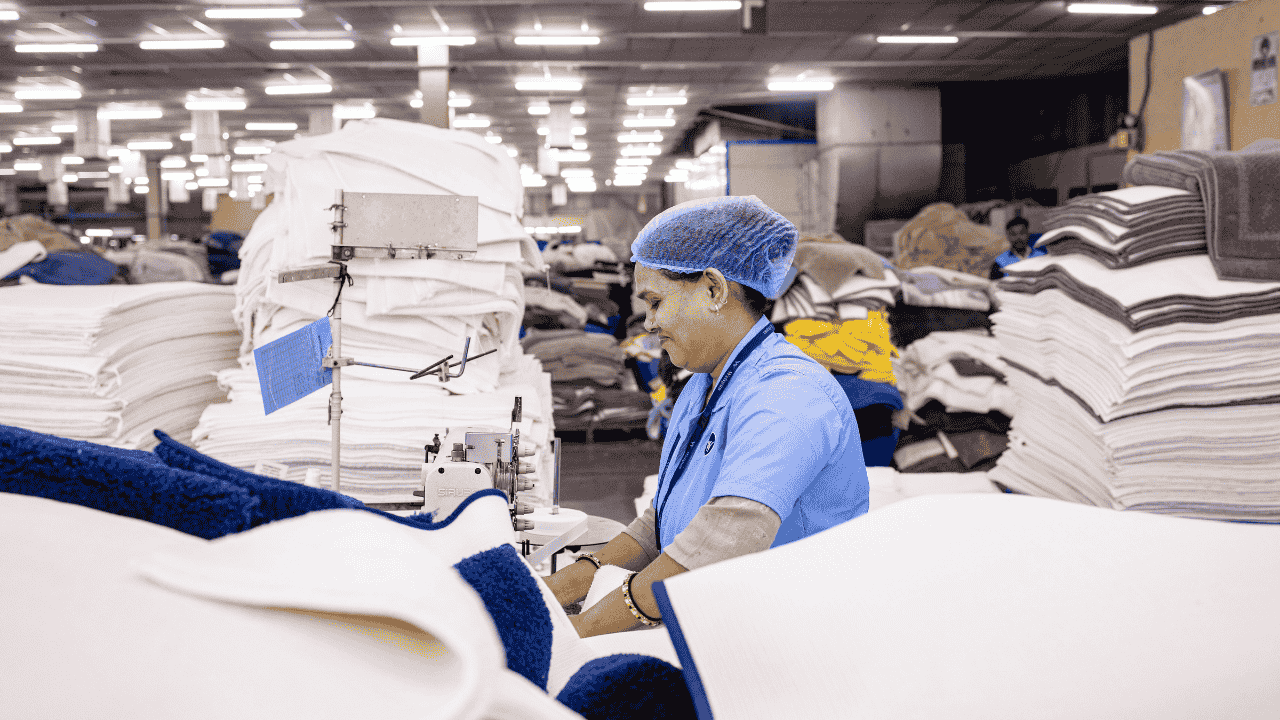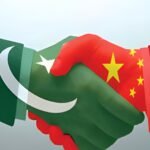Pakistan’s once-booming textile industry is sounding the alarm over a growing crisis that could shake the country’s already fragile economy. Factory shutdowns, falling exports, and skyrocketing costs are pushing the sector toward breaking point.
According to the Pakistan Textile Council (PTC), the country’s merchandise exports dropped by 3.83% in the first quarter of the current financial year (FY26), falling to $7.61 billion compared to $7.91 billion during the same period last year.
The decline deepened in September, when exports fell 11.71% to $2.51 billion — the fifth drop in just six months.
Meanwhile, Pakistan’s trade deficit increased sharply to $9.37 billion compared to $7.05 billion last year, as imports rose by 13.49%.
Industry Leaders Blame Policies for Worsening Pakistan Textile Crisis
The leaders of the industry–including PTC Chairman Fawad Anwar, former Karachi Chamber of Commerce President Javed Bilwani, and industrialist Zubair Motiwala– accused the government of worsening the situation.
They cited the recent termination of the Export Facilitation Scheme, skyrocketing energy costs, and crumbling infrastructure, as key reasons why Pakistan is falling behind regional competitors such as Bangladesh, India and Vietnam.
Major Textile Units Shut Down as Costs Soar
The effects are already visible as the Gul Ahmed Textile Mills Limited recently discontinued its export apparel division, claiming that they were sustaining losses due to high input costs, heavy taxes, and tough competition.
The shutdown has affected thousands of workers and is seen as a warning sign of deeper troubles ahead.
Bilwani said many textile factories are now close to shutting down completely. He criticized the government for excluding major exporters from economic decision-making, even though the textile sector contributes massively to both exports and tax revenue.
Experts Warn of More Closures Without Policy Reforms
Industry experts argue that high electricity prices, poor infrastructure, water shortages, and some of the world’s highest energy tariffs—even higher than in Europe and the United States—are making it nearly impossible for Pakistan’s textile businesses to stay competitive.
The PTC warned that unless the government restores export incentives and introduces supportive policies, the country could face more factory closures, mass layoffs, and a steep drop in foreign exchange earnings in the coming months.
Author Profile






